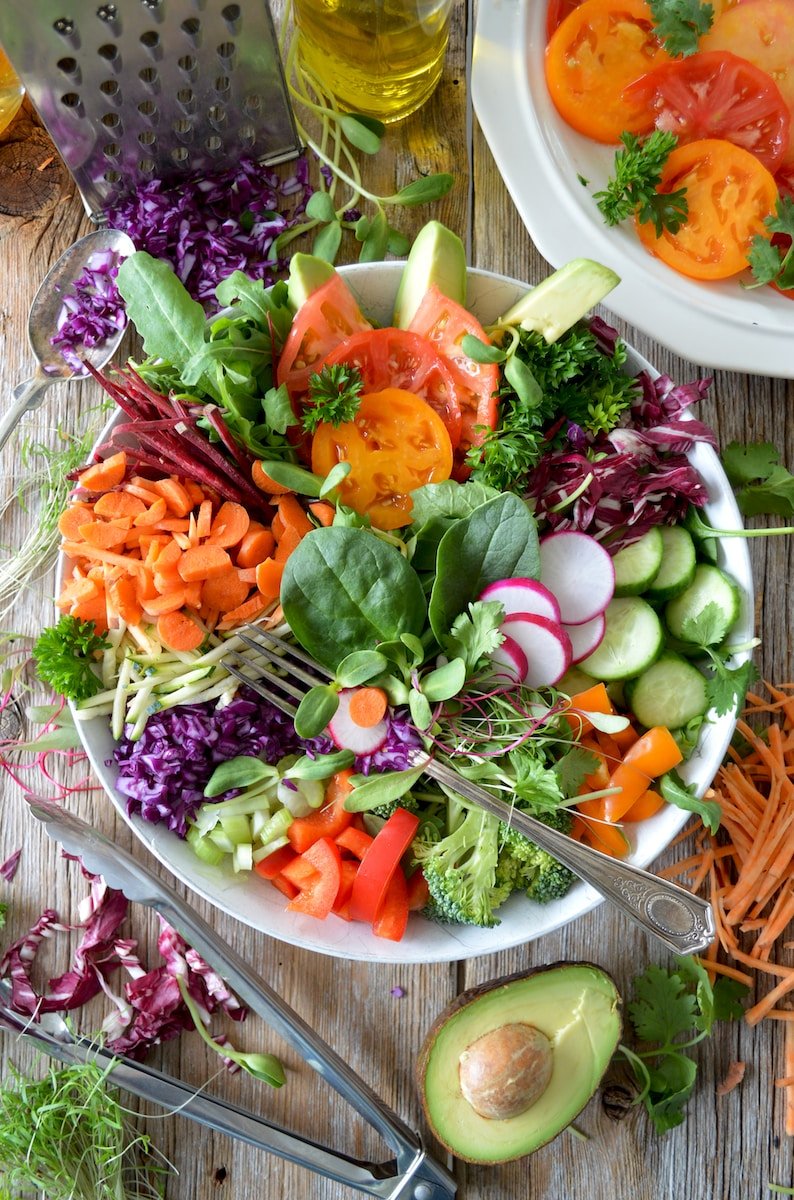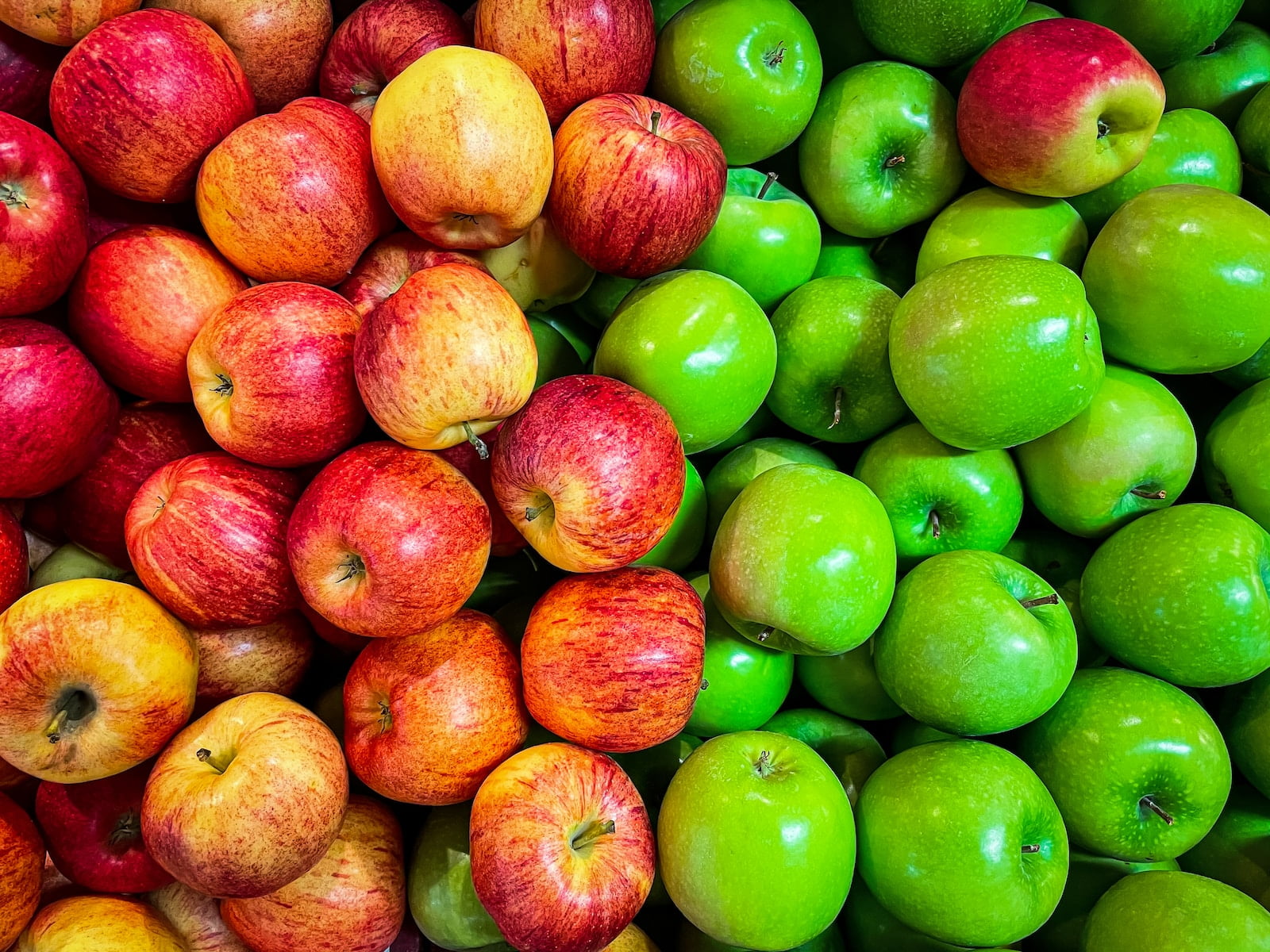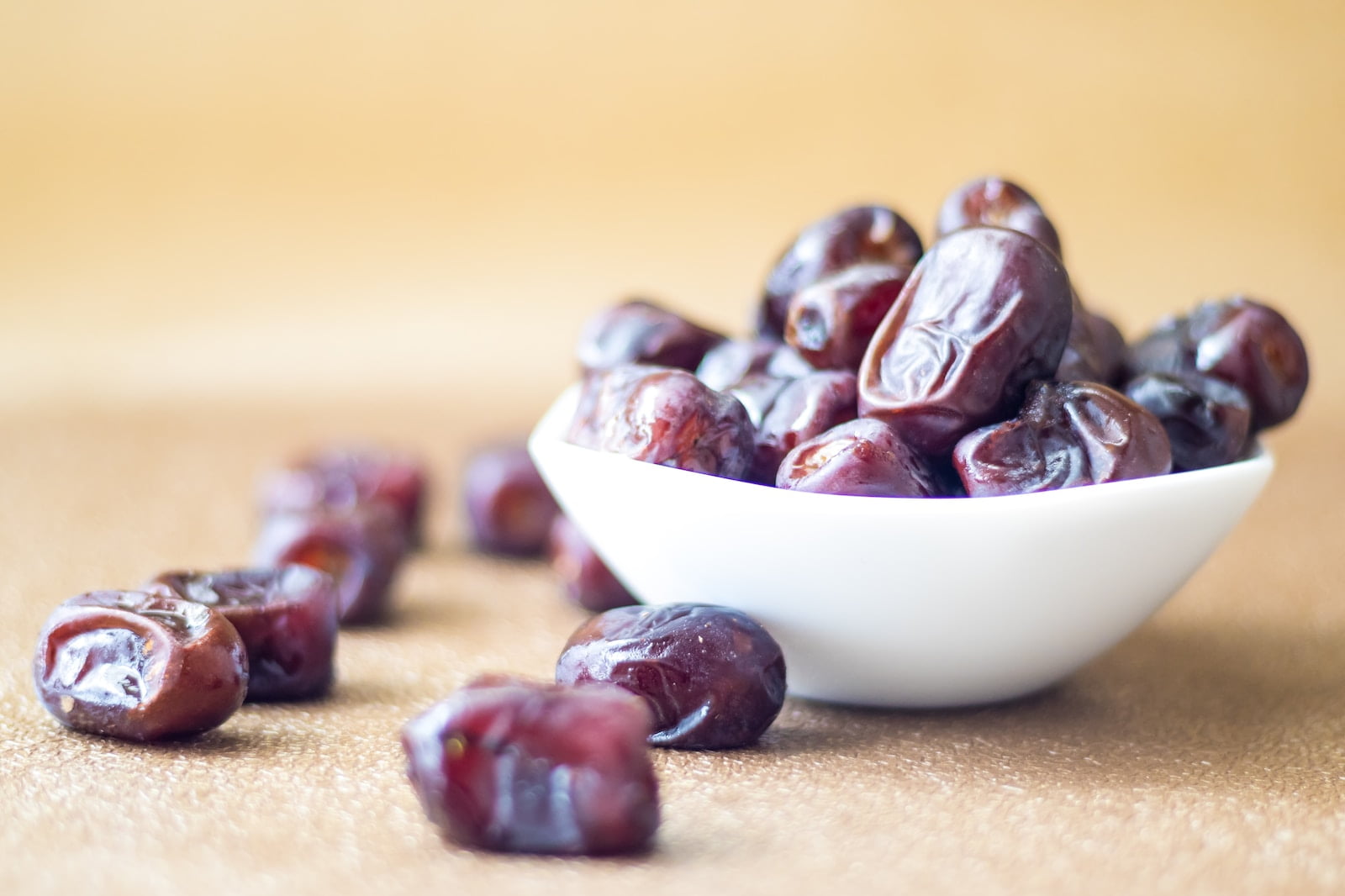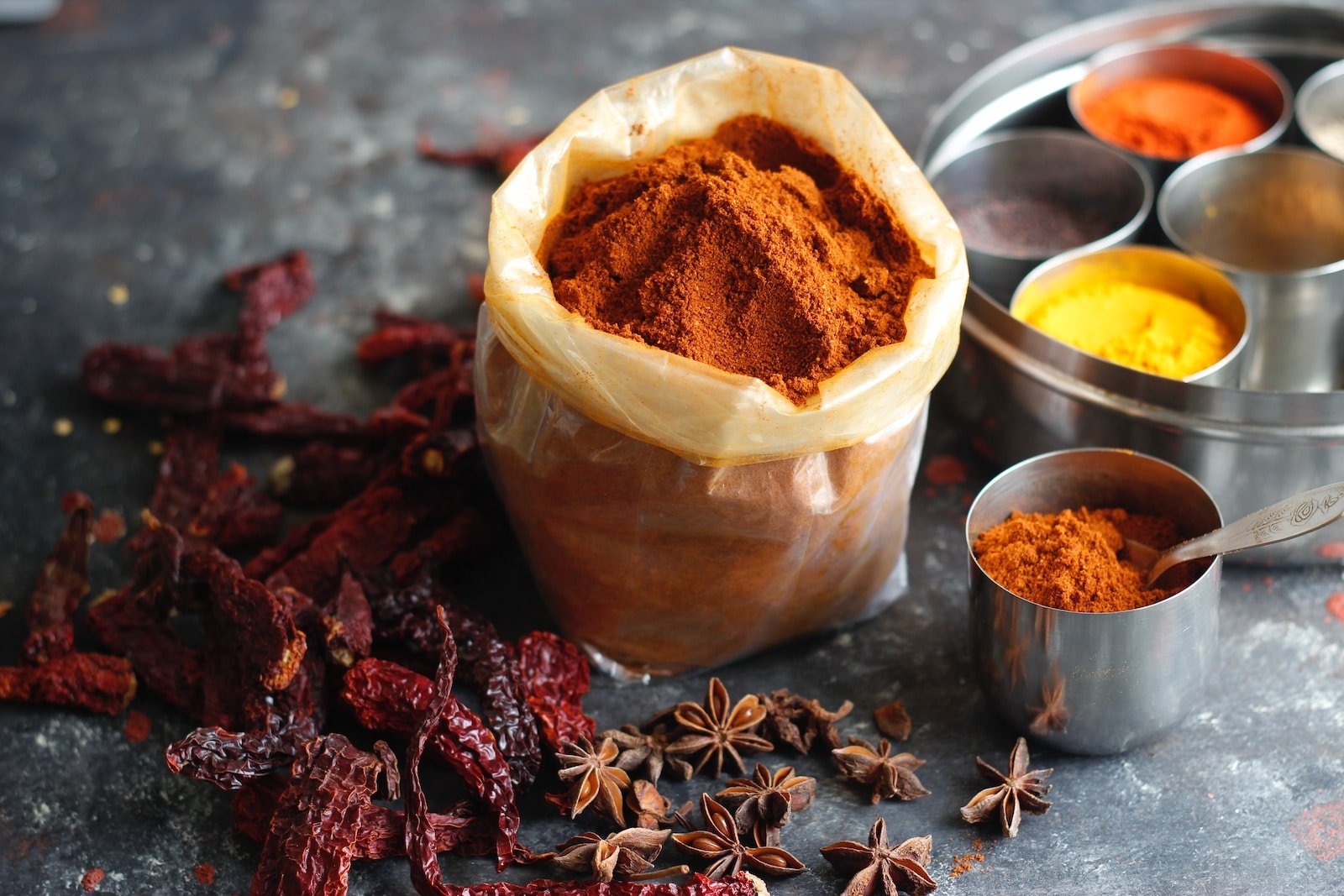Understanding What Makes Food Healthy
Before diving into the healthiest foods, it’s essential to understand what makes a food healthy. Primarily, foods that elevate insulin levels, such as those high in sugars and carbohydrates, are detrimental to your health. These foods not only inhibit your health but can also lead to illness. Thus, we seek nutrient-dense foods that are low in carbs and do not spike insulin levels. Foods rich in fiber and fat are ideal as they do not trigger a significant insulin response. Moreover, leaner proteins tend to spike insulin more than fattier proteins. Therefore, a diet should ideally consist of foods with a higher fat-to-protein ratio.
The Importance of Nutrient Density
When selecting healthy foods, focus on those packed with vitamins, minerals, trace minerals, essential fatty acids like omega-3, and phytonutrients. Phytonutrients offer additional health benefits beyond regular vitamins and minerals.
1. Sauerkraut
Sauerkraut tops our list of healthy foods due to its low carb and high fiber content. One cup of sauerkraut contains just under 2 grams of net carbs, making it an excellent low-carb choice. It is exceptionally high in Vitamin C, offering over 700 milligrams per cup, far exceeding the daily requirement. Vitamin C is crucial for collagen production, bone health, and protecting the heart against free radical damage. Sauerkraut also serves as an excellent prebiotic and probiotic, supporting gut health. Its primary vegetable, cabbage, belongs to the cruciferous family, known for its potent phytonutrients.
2. Arugula: More Than Just a Salad Green
Arugula, another cruciferous vegetable, is rich in phytonutrients and beneficial for liver function. It’s a better choice than spinach for salads as it’s low in oxalates, which can lead to kidney stones. Arugula has a distinctive peppery flavor, making it a flavorful addition to meals. It is high in calcium, potassium, folate, magnesium, Vitamin C, and K1 and possesses anti-inflammatory properties and anti-cancer effects.
3. Salmon: The Omega-3 Rich Fish
Wild-caught salmon, especially the fattier types, is highly recommended for its omega-3 fatty acids, essential for brain, heart, and joint health. Salmon’s fat-to-protein ratio makes it a healthy choice, and it’s low in mercury, thanks to its high selenium content. Including salmon in your diet can help balance the omega-6 and omega-3 fatty acid ratio in your body, reducing inflammation.
4. Cod Liver: An Uncommon but Nutrient-Dense Food
Cod liver might not be everyone’s first choice, but it’s incredibly nutrient-dense. Wild-caught cod liver is high in omega-3 fatty acids and doesn’t have a strong fishy taste if consumed fresh. It’s a great source of Vitamin A (retinol) and Vitamin D, essential for eye health, immune function, and maintaining healthy skin linings. Cod liver also has a favorable fat-to-protein ratio, which helps maintain low insulin levels.
5. Hamburger: A Practical and Nutritious Choice
Grass-fed organic hamburger meat is an excellent source of nutrients. It’s easier to digest than other red meats and is high in amino acids, available iron, B12, phosphorus, zinc, selenium, and vitamins B6, B2, B3, and B5. Hamburger meat also contains carnosine, which reduces glycation, a process that promotes aging.
6. Pecans: The Nut with the Lowest Net Carbs
Among all nuts, pecans have the lowest net carbs and a high fat-to-protein ratio, making them ideal for a low-carb diet. They are rich in zinc, copper, Vitamin B1, and have significant anti-inflammatory properties. Pecans also possess the highest antioxidant levels among nuts, beneficial for heart health and blood sugar regulation.
7. Extra Virgin Olive Oil: A Liquid Gold
Extra virgin olive oil is rich in vitamins, minerals, and phytonutrients. It’s important to choose real, unadulterated olive oil for its health benefits. Olive oil has anti-inflammatory properties, supports mitochondrial health, and is beneficial for brain health. It also contains compounds that can reduce beta amyloids, linked to Alzheimer’s disease.
Balance and Quality in Food Choices
The key to a healthy diet lies in choosing foods that are nutrient-dense, low in carbs, and beneficial for maintaining low insulin levels. Incorporating these seven foods into your diet can significantly enhance your overall health. Remember, quality matters, so opt for organic, grass-fed, and wild-caught options whenever possible.
Now that you know what to eat, also be mindful of what to avoid. Stay informed and make healthier food choices for a better quality of life.




























